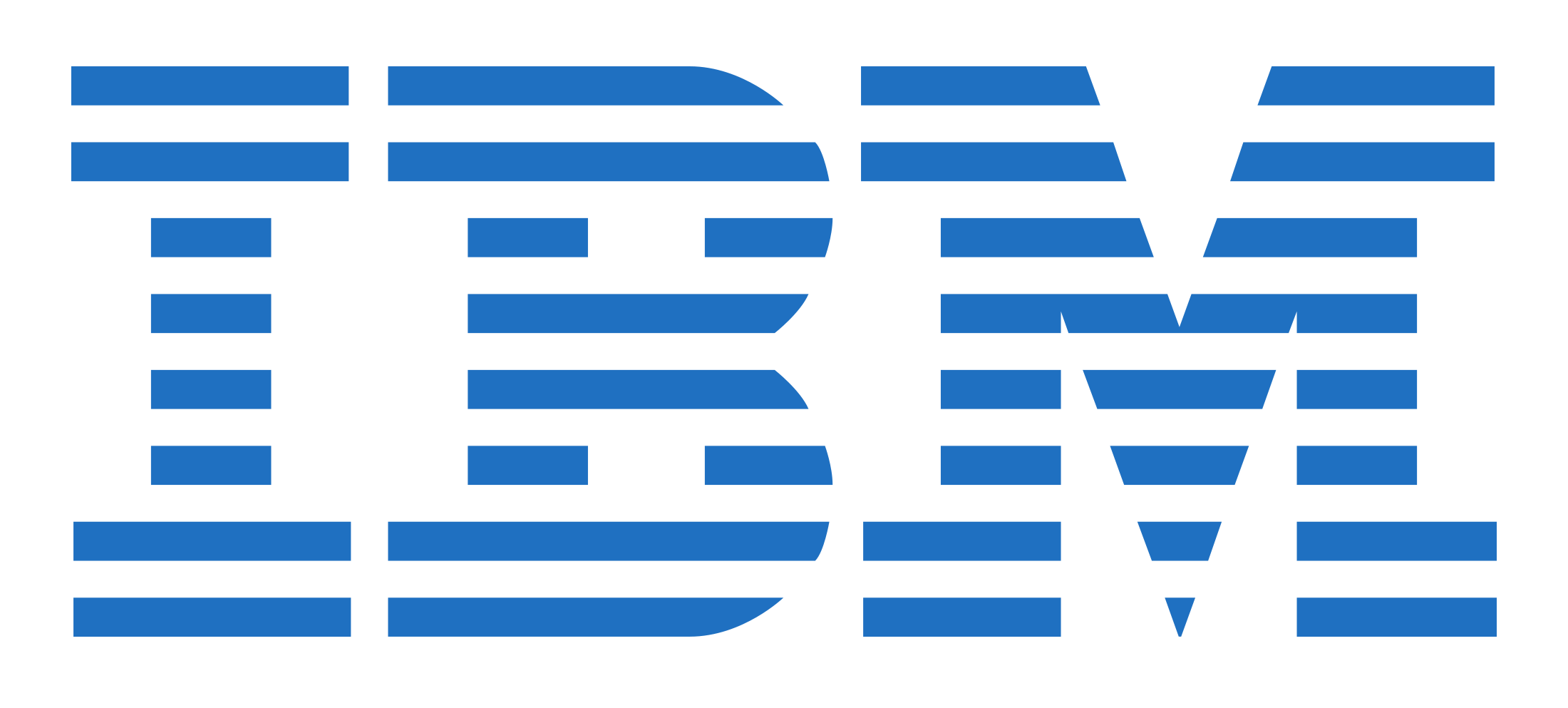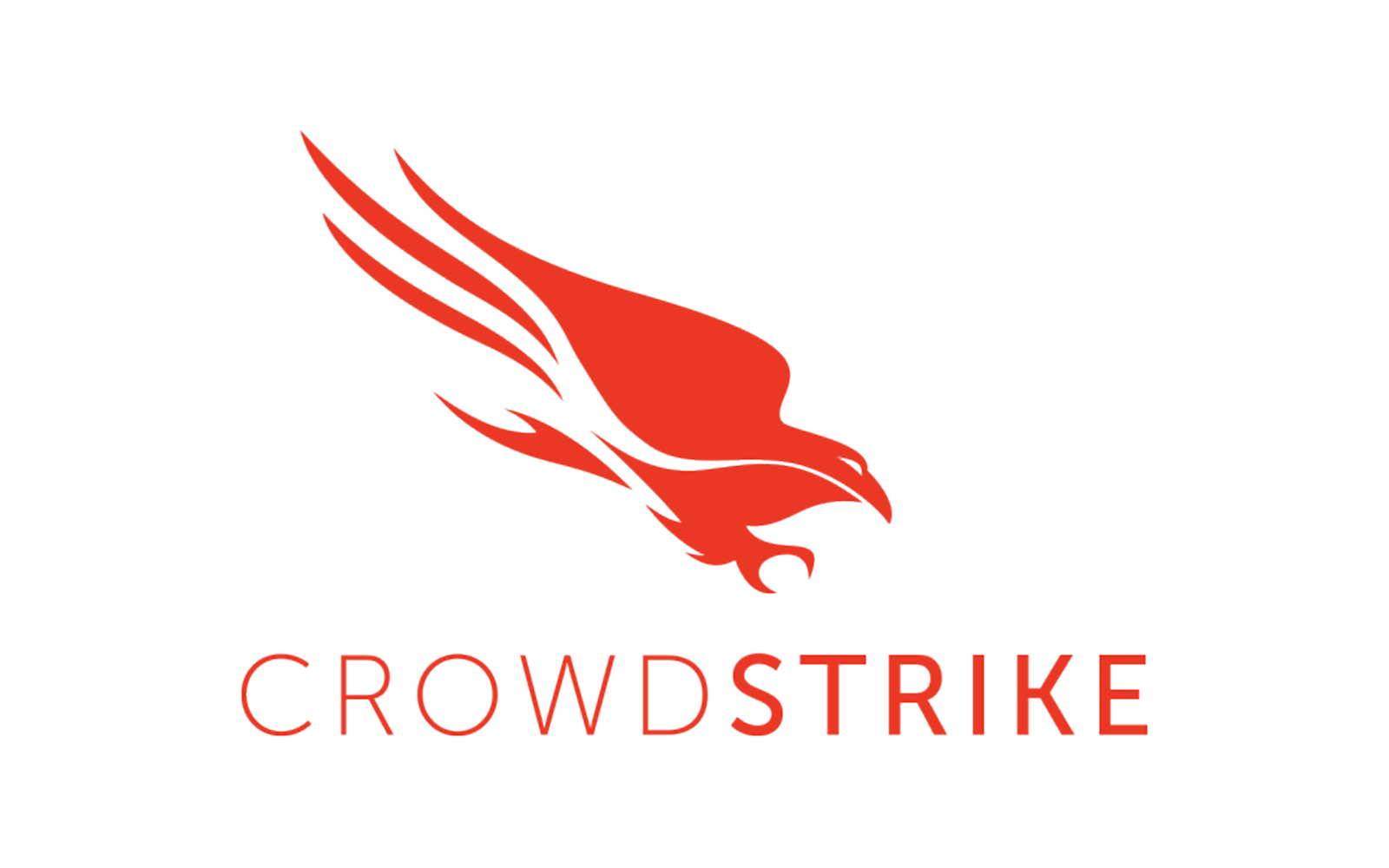
VMware Cloud Foundation (VCF) is a powerful platform designed to control and automate hybrid cloud environments. By integrating essential VMware technologies like vSphere, vSAN, NSX-T, SDDC Manager, and VMware Aria, VCF delivers a consistent infrastructure across both private and public clouds. Despite concerns about licensing changes under Broadcom’s ownership, the benefits of deploying the full capabilities of VCF far outweigh any short-term costs. For clients seeking resilient operations, reduced risk, lower expenses, and operational flexibility, VCF provides unparalleled value.
1. Resilient Operations: Ensuring Business Continuity
For any enterprise, maintaining uptime and ensuring business continuity are critical. VCF ensures resilient operations by integrating features that enhance high availability, resource management, and seamless failover.
- vSphere for High Availability: vSphere abstracts hardware, ensuring workloads can operate with automatic failover. This minimizes downtime during failures or maintenance, allowing businesses to continue operating smoothly.
- vSAN for Redundant Storage: With vSAN, clients have scalable, pooled storage that ensures data availability even during hardware failures, eliminating the need for costly and complex disaster recovery solutions.
- NSX-T for Network Resiliency: NSX-T enables seamless network connectivity across hybrid environments, allowing traffic to reroute automatically in case of network issues. This ensures continuous access to services and applications, safeguarding business continuity.
These built-in capabilities allow businesses to reduce disruptions, increase operational agility, and maintain resilience against potential risks or failures.
2. Risk Reduction through Unified Security
Security is paramount, especially in a hybrid cloud environment. VCF provides a unified approach to security, reducing the complexities and risks often associated with managing multi-cloud infrastructures.
- Micro-Segmentation with NSX-T: NSX-T enables micro-segmentation, allowing granular control over network traffic at the VM level. This ensures that threats can be isolated and prevented from spreading, helping businesses comply with strict security and regulatory standards.
- Consistent Security Policies: With VCF, security policies are applied consistently across both on-premises and cloud environments. NSX-T ensures that these policies travel with the workloads, mitigating risks related to misconfigurations or security gaps.
- Automated Lifecycle Management: SDDC Manager automates patching and updates, reducing manual intervention and keeping the infrastructure secure from vulnerabilities. This ensures clients can maintain up-to-date systems without risking human error.
By leveraging VCF’s robust security features, organizations can ensure compliance, reduce the risk of breaches, and maintain secure operations across all environments.
3. Cost Efficiency through Automation
One of the most significant benefits of VMware Cloud Foundation is its ability to drive long-term cost savings through automation and optimized resource usage, despite any concerns around licensing costs.
- Automation with VMware Aria: Aria automates key processes such as provisioning, scaling, and lifecycle management, drastically reducing the need for manual labor. Automation not only lowers operational costs but also reduces the risk of errors, which often result in costly downtime or remediation efforts.
- Efficient Storage with vSAN: vSAN optimizes storage by pooling resources across hosts, reducing the need for expensive hardware investments. This leads to lower capital expenditures and ensures more efficient use of available resources.
- Cost-Effective Scalability: VCF enables on-demand scaling, allowing businesses to expand capacity during peak periods without overprovisioning infrastructure. Workloads can be shifted dynamically to public clouds, ensuring businesses pay only for what they need, when they need it.
By automating operations and optimizing resource use, VCF helps organizations cut costs while delivering better performance and efficiency.
4. Flexibility for Hybrid Cloud and On-Premises Deployments
In today’s dynamic business landscape, flexibility is crucial. VMware Cloud Foundation allows organizations to maintain full control over their hybrid cloud environments while leveraging the benefits of both private and public clouds.
- Unified Hybrid Cloud Management: VCF offers a single management interface for controlling workloads across on-premises and cloud environments. This simplifies hybrid cloud management, enabling businesses to move workloads based on performance, cost, or compliance requirements.
- Workload Mobility with HCX: VMware Hybrid Cloud Extension (HCX) facilitates seamless workload migration between environments. Clients can migrate VMs without downtime, enabling real-time flexibility and disaster recovery options.
- Support for Application Modernization: VCF integrates with Kubernetes and containerized workloads via vSphere with Tanzu. This enables businesses to modernize their legacy applications while maintaining flexibility and control over deployment locations.
VCF’s flexibility allows organizations to deploy workloads in the most cost-effective environments, giving them the agility needed to respond to market demands and changing operational requirements.
5. Maximizing Value Beyond Licensing Concerns
While Broadcom’s licensing changes may be a concern, focusing on licensing costs alone overlooks the immense value VMware Cloud Foundation brings. The integrated platform not only enhances resilience and security but also delivers very significant cost savings through automation and operational efficiency.
- Lower TCO through Automation: Automation with VMware Aria significantly reduces labor costs, while optimized resource use leads to better cost efficiency. Over time, these savings more than compensate for potential increases in licensing fees.
- Resilience and Security as Critical Value: The ability to maintain high availability, ensure security across environments, and quickly recover from failures reduces the potential for costly disruptions, data breaches, or compliance violations. These benefits far outweigh the initial licensing concerns.
- Strategic Flexibility: VCF’s flexibility in managing hybrid cloud environments provides businesses with a competitive advantage. By enabling on-demand scaling and workload mobility, organizations can adjust to new market conditions or customer needs without making significant upfront investments in infrastructure.
Conclusion
VMware Cloud Foundation delivers far-reaching value for organizations deploying hybrid cloud environments. It ensures resilient operations, robust security, cost efficiency, and strategic flexibility. While concerns over licensing costs are valid, the long-term benefits of deploying VMware Cloud Foundation—including reduced risk, lower operational expenses, and greater flexibility—more than justify the investment.
By fully embracing the capabilities of VMware Cloud Foundation, businesses can achieve operational excellence, reduce their overall costs, and gain a competitive edge in today’s fast-paced, cloud-driven world.
Related articles that might interest you:








.png)


-1.png)

-1.png)


.png)